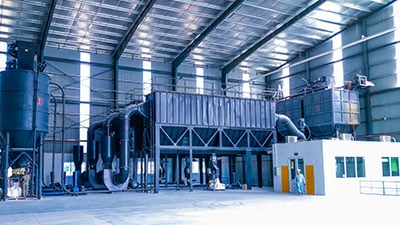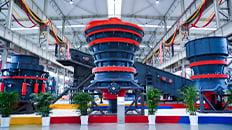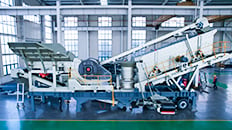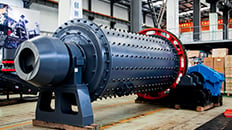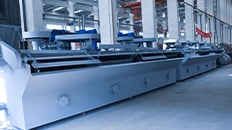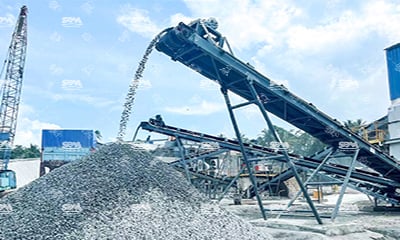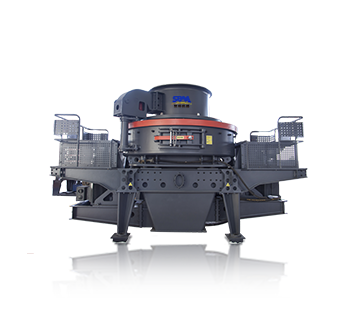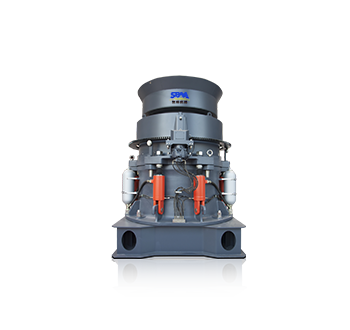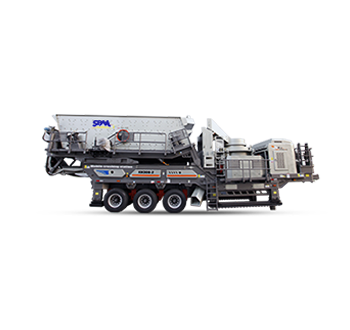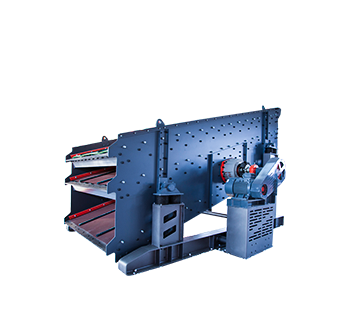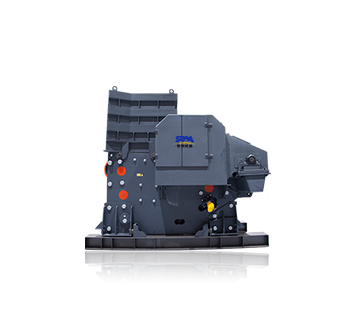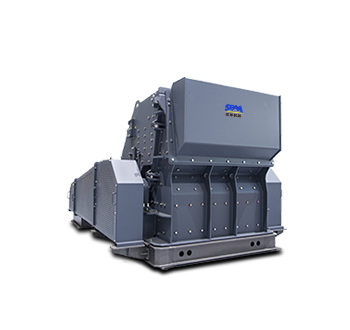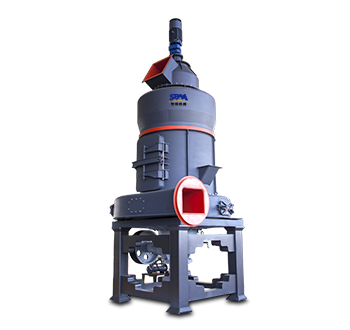Summary:Spending some time each day to ensure the vibrating screen continues to run safely at its best performance can generate a high return on investment.
Vibrating screens operate under harsh conditions, and like all equipment, they require regular maintenance and replacement of wear-resistant parts. Spending some time each day to ensure the vibrating screen continues to run safely at its best performance can generate a high return on investment.

Keeping your vibrating screen running smoothly can be crucial for your manufacturing or processing operation. Here are some tips to help you maintain your equipment effectively:
- 1. Regular Inspection: Inspect all parts of the vibrating screen regularly, including the screens themselves, springs, and all bolts. Look for signs of wear or damage, tightening any loose bolts and replacing worn parts as necessary. Make sure to follow your equipment's specific maintenance manual.
- 2. Ensure Proper Screen Selection: The type of screen used can significantly affect the performance of your vibrating screen. Different materials and applications require different screens. Make sure you're using the correct type for your needs.
- 3. Keep Screens Clean: Over time, screens can become clogged or dirty, which can affect the screen's efficiency. Regularly clean the screens to ensure they're working optimally. How often you'll need to do this will depend on your specific application.
- 4. Lubrication: Proper lubrication is vital to the longevity and efficiency of the vibrating screen. Follow the manufacturer's instructions regarding how often and with what type of lubricant you should lubricate your machine.
- 5. Monitor Vibration and Performance: Unexpected changes in the vibration or performance of the machine could indicate a problem. Use a vibration analysis tool to monitor your equipment and detect any potential issues before they become serious problems.
- 6. Proper Operation: Make sure all operators are properly trained on how to operate the vibrating screen safely and efficiently. Improper operation can lead to unnecessary wear and tear or even damage to the machine.
- 7. Balancing: Vibrating screens should be well-balanced to ensure smooth operation. If you notice excess vibration or noise, it could be a sign that the screen is out of balance. In such cases, check for loose parts or uneven wear.
- 8. Replace Worn Parts Promptly: Prolonged use of worn-out parts not only reduces the efficiency of your vibrating screen but can also lead to other parts of the machine getting damaged. Ensure to replace any worn-out parts promptly.
Remember, regular maintenance and preventive checks can help extend the life of your vibrating screen and keep it running smoothly. Always follow the manufacturer's guidelines for maintenance and safety.



